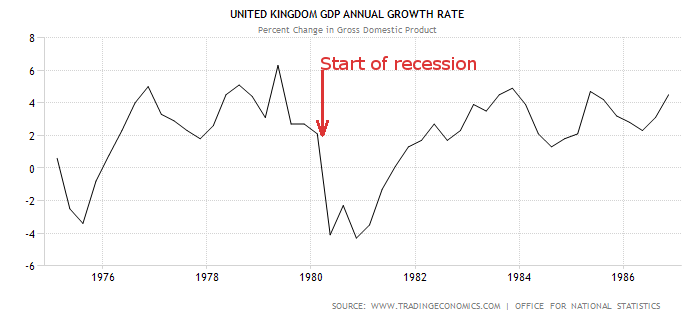Do you remember M3? Or M1? Or M0? No, I’m not talking motorways here, I’m referring to monetarism.
Ah…! Monetarism: the new religion of the early 1980s.
In the late 1970s, the standard methods of managing the economy seemed no longer to work. Major shocks, such as the five-fold increase in the oil price, had wreaked havoc. Enter the Chicago school of economics under their leader Milton Friedman. Much has been written about his ideas and I don’t plan to repeat them here. But these ideas had a profound effect on government thinking which continue to this day. Even Dennis Healy, Chancellor in Jim Callaghan’s government, seemed to think there was something worth considering. But it was Margaret Thatcher and Chancellor Geoffrey Howe who were the true believers.
There was much talk about the definition of what was money – hence the various M’s – and its “velocity of circulation”, which was asserted to be stable, at least in the long term. Followers of Keynes hit back with their hero’s famous “In the long run, we’re all dead” quote from 1923. But, at the start of the 1980s, Howe pressed ahead with great vigour to implement policies based upon Chicago school thinking.
And what happened?

As can be seen from the graph, the great monetarist experiment plunged Britain into a wholly unnecessary recession, which lasted about three years. The main consequence was the permanent destruction of much of our manufacturing industry, from which we have never recovered. The very lop-sided state of our economy towards services, and in particular financial services, starts here – we never did get the “jam tomorrow” promised by the theorists.